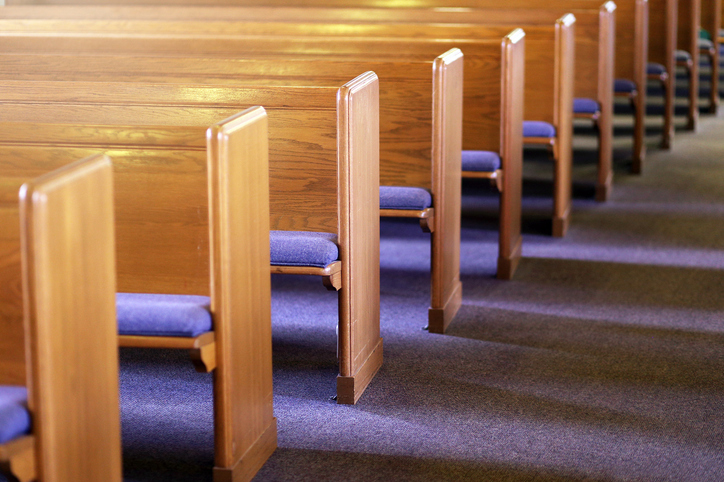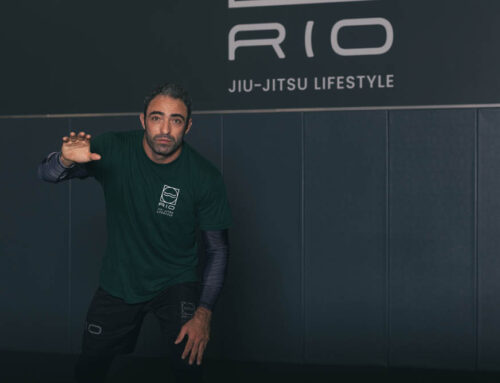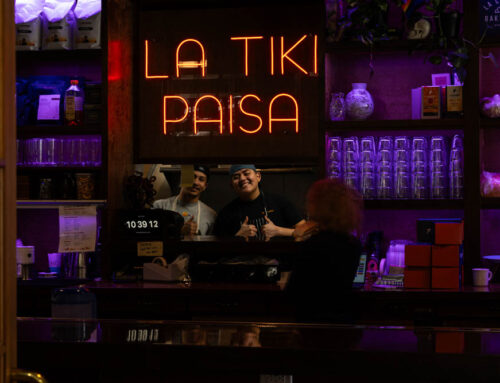“My kids have to go through active shooter drills in school just to learn. Am I going to have to go through active shooter drills in church just to pray?”
That’s the question pastors, priests, rabbis and imams have been fielding since December’s church shooting in Fort Worth. Religious communities are once again looking at their security protocols to ensure they can assure worshippers they will be safe.
Can I just confess my frustration that it has come to this? Every time I go through a TSA line at the airport and have to take my shoes off, I think about how one terrorist with a bomb in his shoe forever altered the experience of millions of travelers. A few angry men who shot up churches, synagogues and mosques have sent a chill up the spine of worshippers everywhere. They have forced faith leaders to address matters they weren’t trained for.
No two responses to this will be the same. It’s impossible to calibrate the precise balance between practical responsibility and spiritual freedom, so I am not telling every clergy leader or lay leader what they ought to decide about this. Nonetheless, here’s part of what I wrote to our congregation:
“I want to call attention to a distinction I weigh in my own mind spiritually between ‘safety’ and ‘security.’ Safety procedures are wise and practical. When we love one another, we want to protect each other from potential accidents and maliciously minded intruders. We know that deaths from firearms have more than doubled in Texas in the past 20 years. We are seeing more frequent attacks in houses of worship. Most of those are motivated by hate toward racial and religious minorities, but some have occurred at churches not unlike our own. The causes are not easily identified, although the shooters are usually angry men with a history of violence, as was the case with the assailant in Fort Worth.
“Security involves a higher level of protection than safety, both practically and philosophically. Being a church, we want to live in a way that promotes our values of welcoming strangers, loving our neighbors and practicing nonviolent ways of living. We are a peaceable people, and we want to internalize our understanding that true security is found only in God. We will never be completely secure in this life, no matter our defensive preparations. We do not want our church to become an armed fortress or for a spirit of fear to become pervasive among us.”
We become what we do. We need to be careful, therefore, to do what we want to become.
Reasonable precautions in the face of growing safety concerns are good spiritual policy. At the same time, faith communities may be the last refuge for those who want a peek at how people ruled by love, and not fear, live.
Our church will revisit our readiness to make sure we’re ready for anyone who visits, in good faith or bad.






